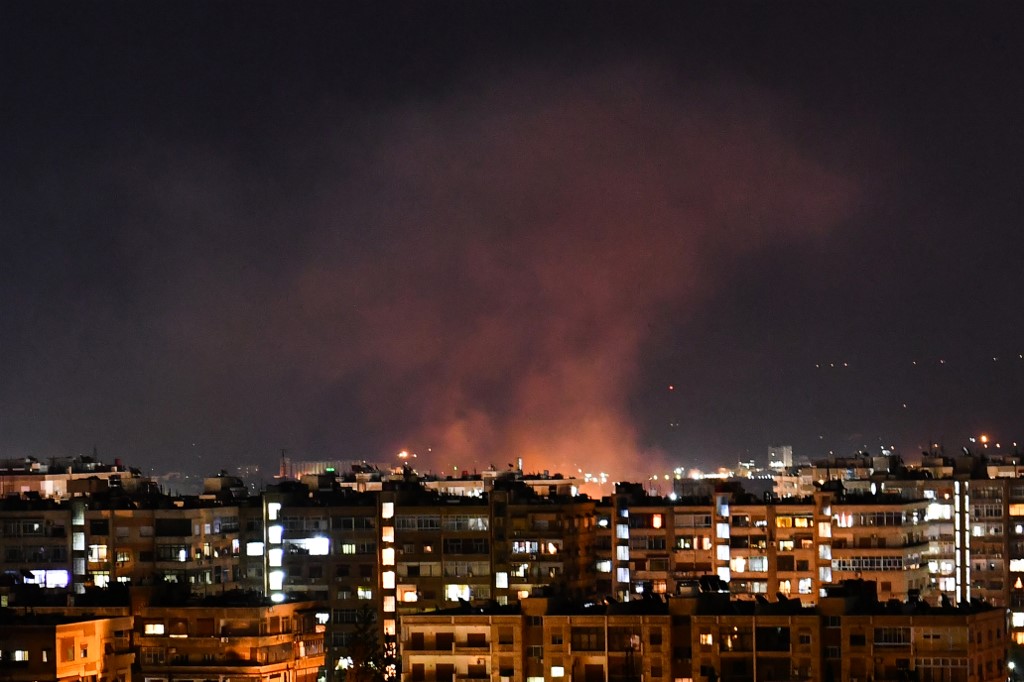
Hello, everyone! Anderson Cooper here, and today we’re delving into the complexities of the Middle East as we discuss the recent Israeli air strikes near Damascus. It’s a story that underscores the ongoing tensions and the impact of these actions on the region. Let’s break it all down and understand the events that unfolded.
A Violent Night: Israeli Air Strikes in Damascus
Picture a dark, pre-dawn sky above Damascus, the capital of Syria. But on a recent Monday, the tranquility was shattered by a series of Israeli air strikes that reverberated across the city. These strikes targeted Syrian regime forces, as well as military positions and weapons depots used by armed groups supported by Tehran, Iran.
Loss of Lives: Syrian Soldiers and Iran-Backed Fighters
Amidst the chaos and destruction, lives were lost. The strikes resulted in the deaths of four Syrian soldiers and two fighters backed by Iran. This tragic toll is a stark reminder of the human cost that often accompanies such conflicts and airstrikes.
Unraveling the Situation: Israel’s Airstrikes
The Israeli airstrikes near Damascus are part of a larger pattern of conflict and tension in the region. As armed groups and military positions come under fire, the complexities of political interests, security concerns, and regional dynamics intertwine to create a challenging landscape.
Armed Groups and Regional Tensions: Tehran’s Influence
A crucial aspect of this situation is the involvement of armed groups supported by Tehran. These groups have a significant influence in the region, and their actions and alliances can lead to escalations and further complications in the already volatile Middle East.
The Human Element: Lives Affected by Conflict
Beyond the politics and military maneuvers, there’s a human element that must not be forgotten. The lives lost and the families affected by the violence underscore the urgent need for diplomatic efforts and peaceful solutions.
Conclusion
Ladies and gentlemen, the Israeli air strikes near Damascus are a stark reminder of the ongoing challenges faced by the people of the Middle East. As we discuss these events, let’s remember the human lives impacted by conflicts and the importance of pursuing peaceful resolutions. By working towards understanding, dialogue, and unity, we can strive to create a future where the region’s stability and prosperity are the focus.
This is Anderson Cooper, urging you to stay informed and engaged, for it’s through open conversations and a commitment to peace that we can bring about positive change in a world often marred by conflict. Until next time, take care.









